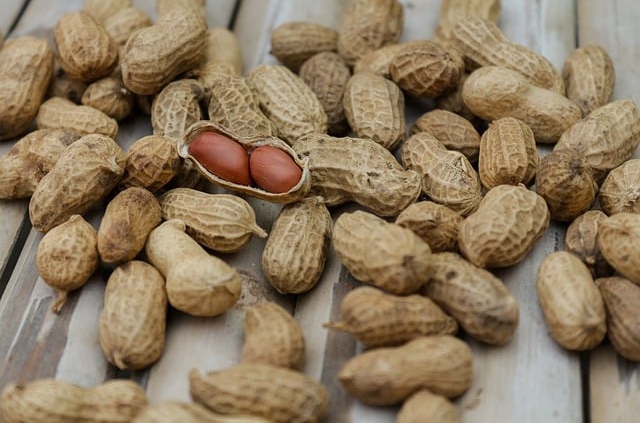Introducing Your Child to Highly Allergic Foods
Given the recent news about the new recommendations for preventing peanut allergies, we at MD Pediatrics would like to take the time to review our parental guidelines on how to introduce highly allergic foods, like eggs, peanuts, and fish, to infants.

Current recommendations are that infants should be introduced to solids around the age of 4-6 months.
New research recommends introducing peanut-containing products to infants (unless they are high risk) between 4-11 months of age because delaying the introduction of peanuts can be associated with an increased risk of peanut allergy.
Infants are considered “high risk” for food allergies if they have severe eczema, a history of previous food allergies, or a sibling with a history of food allergies.
Any high risk infant should be referred to an allergist for skin testing prior to introduction of common allergenic foods.
Before starting solid foods, be sure that your child shows developmental readiness for consuming solid foods and is over 4 months old.
Start with single ingredient foods first, such as rice or oat cereal, fruits, and veggies. Once an infant has tolerated these single food items, you can introduce the allergenic foods (peanuts/tree nuts, wheat, soy, fish, and shellfish).
Go slowly. Introduce 1 food at a time (a small amount frequently: ie – at least 4-5 times before moving on to the next food) and wait 3-5 days before trying the next food.
Have an oral antihistamine (such as Children’s Benadryl) readily available in case of allergic reaction. If you give Benadryl, you must seek medical care as soon as possible.
Choose the right time. Introduce the highly allergenic food when you will be at home and able to monitor the infant for any signs of reaction. It is best to introduce the food earlier in the day and not before naps or bedtime.
Start with a small quantity. If there is no reaction, you can gradually increase the quantity during the next few feedings.
Use nut butter or pastes; NOT nuts. Never feed nuts to infants, as babies can choke on nuts.

Highly allergenic foods can gradually be introduced to non high risk infants without prior testing. The only exceptions are whole cows’ milk and honey, which should be avoided in all infants less than 1 year of age. However, other cows’ milk products can be introduced (such as cheese, yogurt, and other baked goods) prior to 1 year of age.
I hope you found these guidelines helpful in clearing up any uncertainties you might have regarding the proper way to introduce your child to potentially allergic foods. Please don’t hesitate to call us to to speak with your child’s physician at their next well exam if you have any questions.



